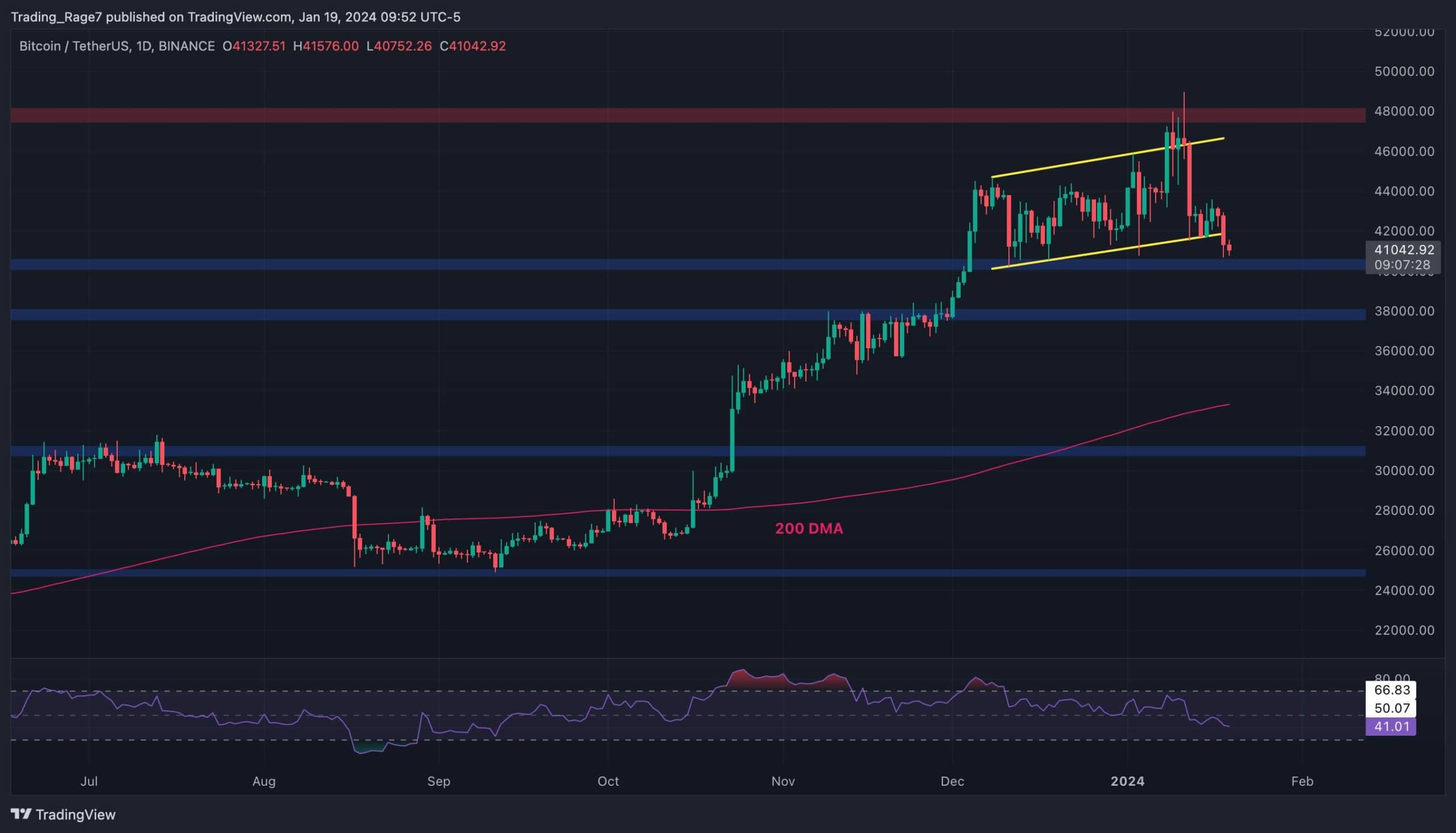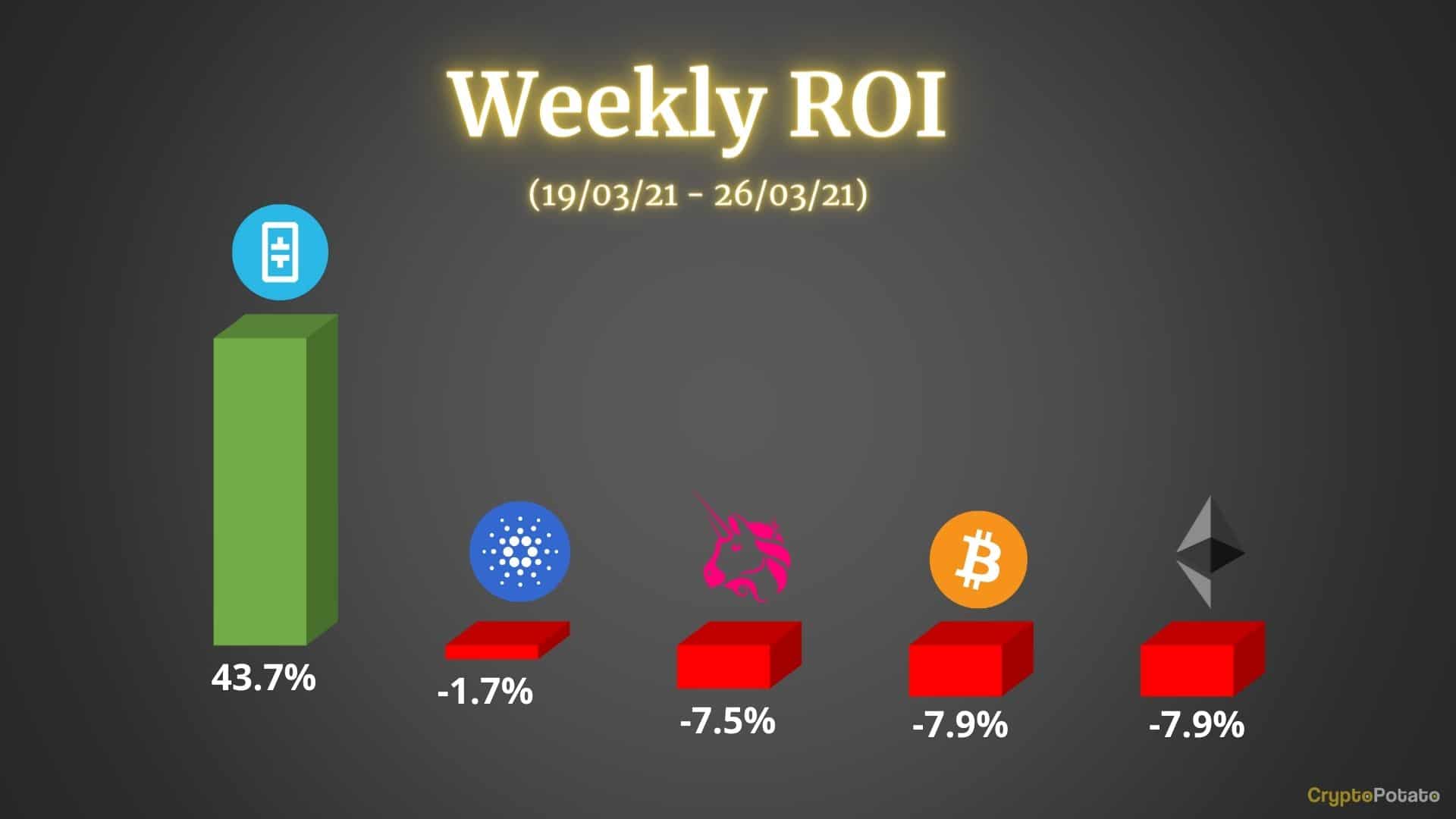Crypto Scams Down, But Ransomware Crime Up In 2023: Chainalysis
Crypto inflows to known criminal addresses are down 65% in 2023 compared to the same period one year ago, according to a mid-year crime update from Chainalysis.
However, one form of blockchain-based crime remains stubbornly persistent and is on the rise: Ransomware.
Crypto Scammers On The Decline
In a blog post from Chainalysis on Wednesday, the firm noted that scams – the “highest revenue form of crypto-based crime – have fallen off a cliff, down 77% compared to the period through June 2022.
While 2022 scam revenue was also down from 2021, the firm considers this year’s decline “more notable,” since it occurred during a time when crypto prices – especially Bitcoin – are on the rise.
“Usually, positive price movements translate to higher scam revenue, likely because increased market exuberance and FOMO make victims more susceptible to scammers’ pitches,” the blog post stated. “But 2023’s drastic scam decline bucks that long-standing trend.”
Chainalysis said the decline in scam revenue has largely been by one of the largest scams vanishing from the picture: VidiLook. The investment scam, which “bilked” victims of $120 million within a few months, has had no other scams fill its void since completing its exit scam in mid-April.
In general, crypto transfers to “risky” entities – mostly including mixers and high-risk exchanges – also fell by 42% this year, while “legitimate” crypto volume has only fallen by 28%. Legitimate transfers comprised the vast majority of inflows at nearly $3 trillion this year, while risky and illicit transfers comprised ~$75 billion and ~$2.5 billion respectively.
Why Is Ransomware So Popular With Crypto?
Unlike scams, ransomware crime appears to be back in full swing after briefly declining in 2022. From January through June, extortionists have taken $449.1 million from their victims.
Last year, Chainlysis theorized that better security practices from large-scale institutions and sanctions against cashout services to ransomware gangs were pushing down the frequency of such payments. However, the firm now believes criminals are compensating by increasing the size of ransom demands, squeezing the most out of victims they manage to catch.
In an email to CryptoPotato, Chainalysis Cybercrime Research Lead Eric Jardin said Bitcoin is often used for ransom payments because it is” “cross-border, liquid, and instantaneous.” However, he noted that the traceability of its payments can often work against the criminals trying to use it.
The researcher added that the frequency of transactions related to scams is “very closely related with Bitcoin’s market cycles,” whereas transactions connected to ransomware and darknet markets are “agnostic to Bitcoin’s price action.”
“In both cases, prices for drugs or decryption keys, respectively, are denominated in USD and payments can be made in whatever number of satoshis fits the bill,” he said.
The post Crypto Scams Down, But Ransomware Crime Up In 2023: Chainalysis appeared first on CryptoPotato.









